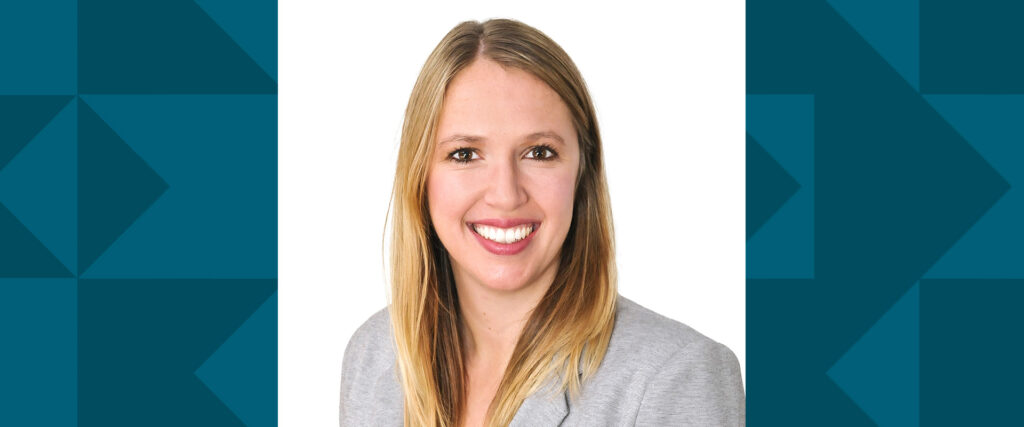MAIN IMAGE: Johette Smuts, PayProp Head of Data and Analytics
With more than a third of all rental tenants in South Africa classified as high-risk, risk management should be the key priority of a rental agent. Do your homework before signing a tenant, once in it can be very hard to remove a ‘bad’ tenant.
Despite reports that the rental market in certain areas in the Western Cape appear to be strengthening, the results from the latest PayProp Rental Index (click to find link to full report) for Q3 indicates that overall the South African rental growth continues to slow, reaching a level of only 3.25% for the quarter. More disconcerting is the fact that the data also shows that 37.2% of all rental tenants are classified as high risk. According to Johette Smuts, PayProp Head of Data and Analytics, this is to be expected considering the pressure consumers experience this year due to increasing inflation, continuous fuel price increases and the resultant goods and services price hikes.
Incomes grew faster than rental rate
Although September showed a higher rental growth rate (3.8%), this should be viewed with caution says Smuts as it doesn’t necessarily herald a turnaround. This year has also seen other short-lived increases, but the general trend is downward – from 3.92% in Q2 to 3.25% in Q3.
One positive is that incomes grew faster this year than rental rates, however that’s brought little relief for tenants budgeting to cope with the effects of the VAT increase, higher inflation rate (and expected to increase more in 2019) etc.
Only Mpumalanga showed rental growth
Eight provinces showed marked downward trends in rental growth with Mpumalanga the only exception with a rental rate of 3.67% for Q3 compared to 2.05% in Q2.
The Western Cape’s rental growth was 5.2% (down from 6.97% in Q2 and almost half of where it stood last year at 10.79% in Q4). Smuts says this is the lowest growth recorded by the PayProp Index for this province since 2012. Both the Free State (6.44%) and KwaZulu-Natal (6.47%) outperformed the long-standing rental growth champion.
Nearly two out of five tenants are risky
Smuts says that on average 37.2% of South African tenants are classified as high-risk, this means nearly two out of every five tenants. The Northern Cape has the highest statistics (58.4%) for high-risk tenants while the Western Cape (28.9% and North West (31.8%) are favoured with the lowest statistics in this category. These two provinces also have the highest statistics for minimum risk tenants.
The Northern Cape on average also has the youngest tenants (37.9 years) and the North West (44.2 years) the oldest. Smuts explains that statistics show a correlation exists between the average age per tenant and percentage of minimum risk tenants per province. The most ideal tenant group is the over 60’s as they have the lowest percentage of high-risk tenants but they also the smallest group (5%) of tenants in this country.
Older tenants tend to have higher incomes. They also tend to have more debt, but despite the latter this group also tend to have higher credit ratings than for example young people. Smuts says this is because various aspects are considered when determining credit scores such as the type of account a tenant holds, how old the accounts are as well as payment behaviour on these accounts.
For example, tenants between 50 and 59 tended to have the highest level of debt yet they also had high credit scores. By comparison, almost half of tenants younger than 30 are rated as high-risk.
The majority of tenants in South Africa come from the younger age groups where people are more at risk to be affected by economic pressures due to earning less income and not having had time to build up a nest egg for lean times. All the provinces have more risky tenants than low-risk tenants.
For rental agents this underscores the importance of making risk management their key priority. “A bad tenant will stay in a property even after the market has turned, so don’t compromise on tenant placement, recheck before you renew and diligently chase arrears,” concludes Smuts.








